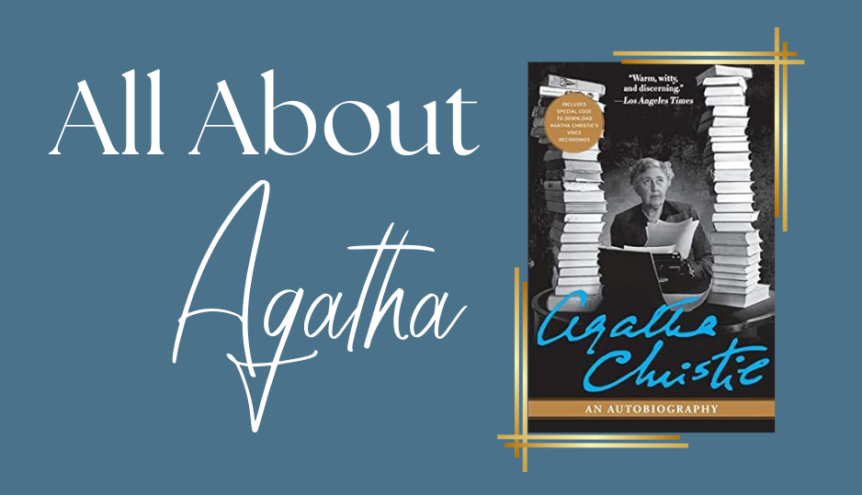Have you ever felt like a misfit? That maybe your personality and desires don’t quite align with the world around you? I often feel as if my life has been a square peg I’ve manipulated into a round hole.
If I were to disregard God’s sovereignty (which would be a colossal error in judgment), I’d think I was born at the wrong time in history.
If the popularity of historical fiction is any indication, I would guess I’m not alone. Reading fiction can be a wonderful escape from our humdrum lives. Or it can open our eyes to what we might have missed and make us yearn for something…more.
From the time I could make sense of words, I’ve been an avid reader of fiction. Mystery, historical, suspense—anything that will take me into another time and/or place.
Never have I been a fan of sci-fi or fantasy because I need to put myself in the pages of the books I’m reading. Maybe that’s why I rarely read non-fiction unless it can help me draw closer to the Lord, such as Francis Chan’s Forgotten God.
However, I enjoy the Facebook blurbs that show up on well-known people. Recently, I read one about Mark Twain that opened my eyes to a man I knew little about other than his literary works. When I left teaching to write full time, I often thought about a quote of his I shared with my students—“Don’t say the old lady screamed. Bring her on and let her scream.” A simple lesson on the show, don’t tell aspect of writing.
Last month, I came across a blurb about Agatha Christie. Another author I knew little about aside from her books. It saddened (and inspired) me when I discovered that her first husband, Archie Christie, left her for another woman not long into their marriage. She had a young daughter to raise and not much income. Writing saved her financially.
Strangely enough, a couple weeks later, my aunt texted me and asked if I’d ever read Agatha Christie’s autobiography—aptly titled Agatha Christie: An Autobiography. I would say it’s coincidental, but I don’t believe in them. When I told her I hadn’t, she insisted on purchasing a copy for me and sending it from Amazon. She thought Miss Christie’s story (especially regarding her writing journey) would resonate with me.
Before digging into the book, I read the introduction written by her grandson, Mathew Prichard. It starts with, “My grandmother always told us that she regarded writing her autobiography as an indulgence. I think particularly the first part of the book was a complete labour of love.”
I thought about my own life and didn’t even for a second imagine there would be enough to fill an entire book (especially one over five hundred pages long!) unless I was creating a remedy for insomnia.
One of the things I found fascinating and endearing about this autobiography is that Miss Christie recorded it over fifteen years. She would send the tapes to her secretary who would then type it up word-for-word. Every sentence is flavored with Agatha’s true voice. There was no editing to make it clear and concise—it’s written with charm and wit and minute details that are seemingly unimportant to the reader. However, it’s what sets this autobiography apart.
Interestingly, long after her death in 1976, her grandson discovered thirteen hours of audio tapes for Agatha’s autobiography—only a small portion of the entire book. Apparently, to save money, she used the same tapes over and over again when recording her story on an “obsolete Grundig Memorette reel-to-reel dictation machine.”
These tapes were available at some point along with the autobiography, but sadly, Amazon didn’t include them. Although I would have liked to hear her voice, I get a true sense of it just by the way this book is written.
I will admit the beginning was a little slow. Agatha talked about her memories, and they didn’t always fall into a chronological time frame. It is clear, though, from the moment she was old enough to communicate, she had an incredible imagination—one of the important aspects of writing I lack. If not for the grace of God…
Agatha Christie did not live what anyone would call a “normal” life. Her education was a mishmash of her mother’s unconventional ideology. In fact, she was encouraged not to read until after the age of eight. I can’t even imagine such a thing.
Oh, but the experiences she was exposed to!
The places she traveled, the people she met, the life that she lived. It’s no wonder she was able to write over sixty books.
I was so immersed in her life by the time her husband left her, I was railing about what an incredible, self-centered, egotistical jerk he was. My poor husband. You’d think I was lamenting over the trials of my best friend instead of a woman I never knew who’s been dead for almost fifty years.
The novel of hers I’m most familiar with is Murder on the Orient Express, so imagine my surprise when she never even mentioned it. She discussed other works, went into detail about Hercule Poirot and Miss Marple as if they were real people and even shared her experiences on the actual Orient Express. That’s how many books Agatha Christie wrote—those that are most familiar to most of us today didn’t rate a special place in her autobiography.
It could be that she finished recording her autobiography at the age of 75, and it wasn’t until after that time (and before her death) that Murder on the Orient Express was filmed.
Another interesting (and famous) part of her life that she failed to mention was her celebrated disappearance right after her husband left her. For eleven days, for which she had no explanation other than possible amnesia, she went missing. It caused a nationwide search before she was found at a hotel.
When I think about my conventional life and the small things I stress over, I realize how limited I’ve been. Not that I would’ve liked to work in a hospital dispensary during World War I (which gave her an education on poisons for future books) or suffered such anguish that I would have a nervous breakdown.
Nor would I have wanted to travel to Bagdad by myself—on a long train journey, no less. We recently went to Tokyo (which I’ll cover in a future post), and it was everything I could do to handle the fourteen-hour flight. Maybe I was born at the right time after all.
Authors write for different reasons. Agatha Christie was inspired to continue writing because it was what she needed to do to bring in an income. Although she had some small success before her husband left her, it wasn’t until later that she became quite famous.
At one point in her story, she decided that she wanted to buy another house (she had eight at one time). All she needed to afford that house was to write a book. One book.
There is no doubt Agatha Christie earned her fame and fortune. It was a different time, however. Writers weren’t competing with television as a form of entertainment or scads of other authors who could self-publish on a whim. Still, I would imagine that even by today’s standards, she would have stood out as a literary giant.
Her success as a writer aside, she was a fascinating lady.







